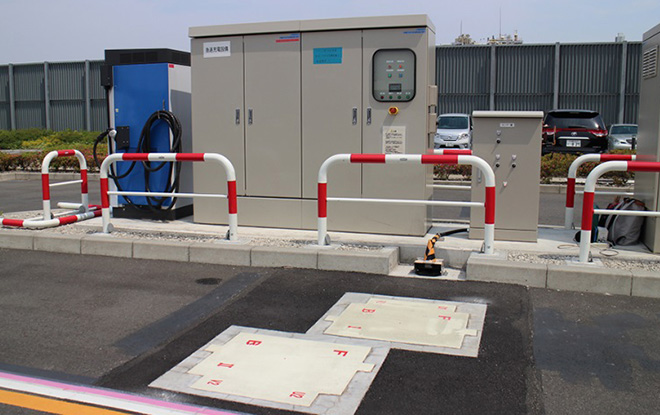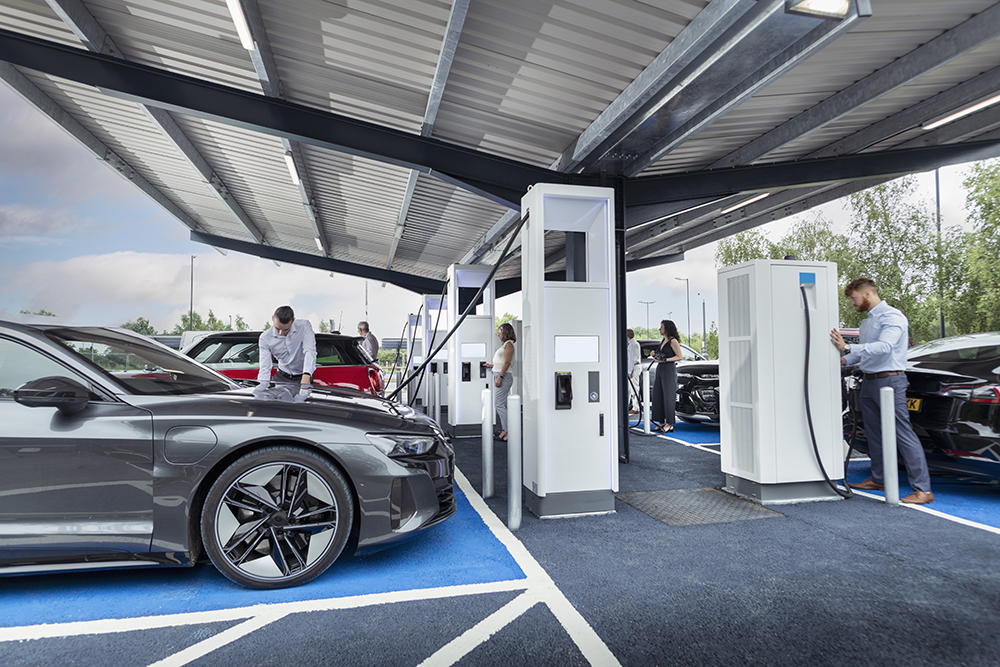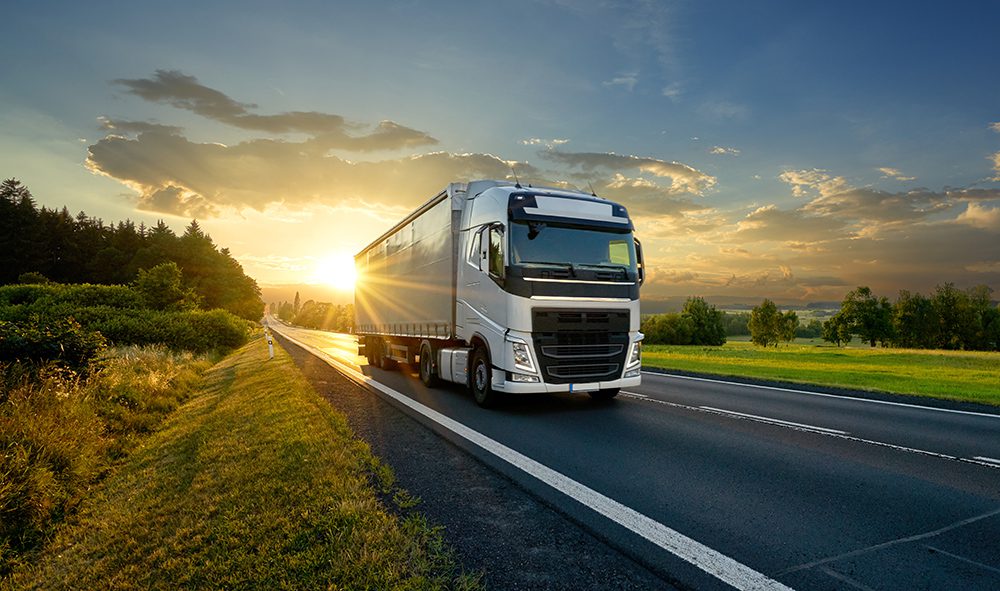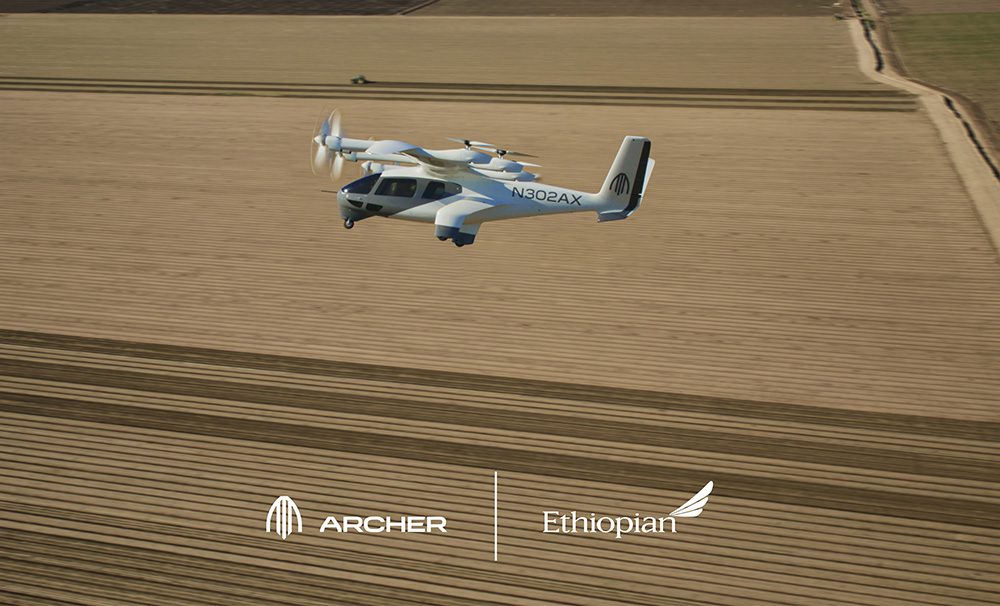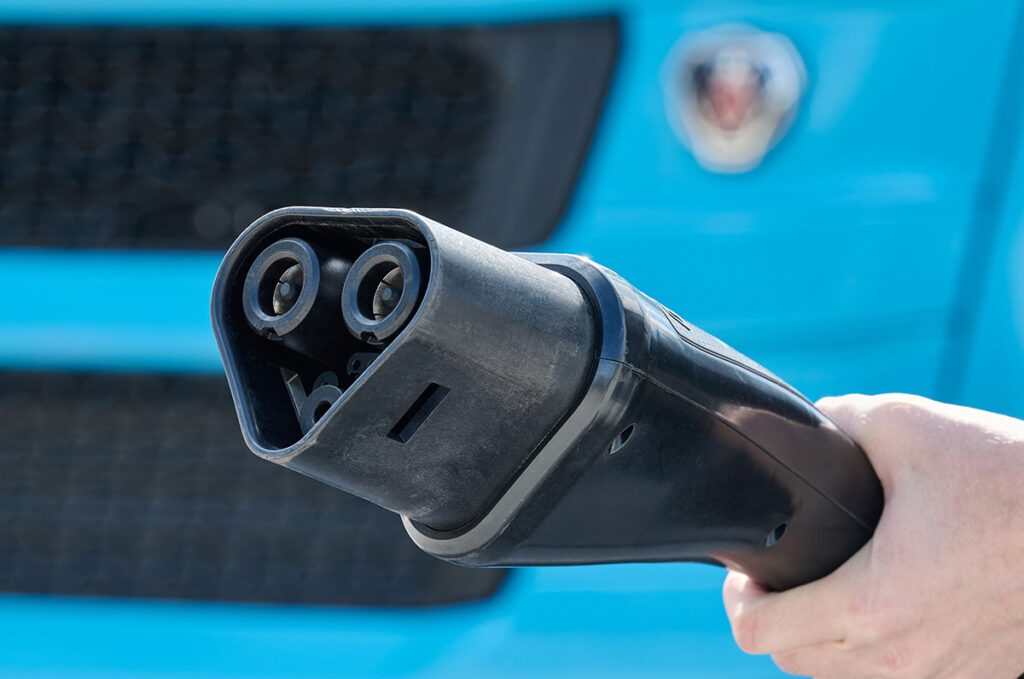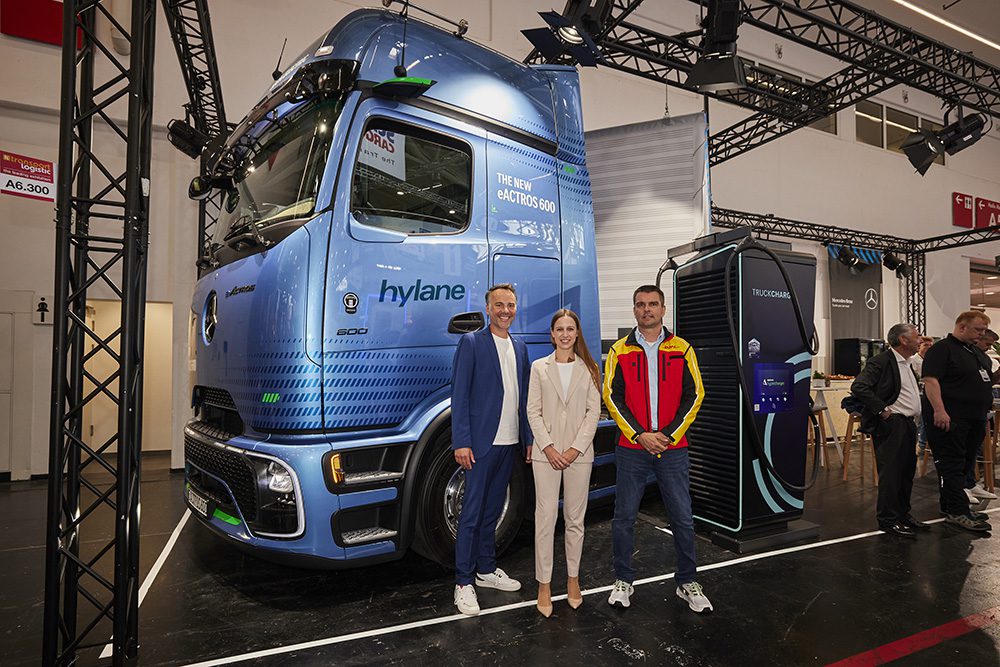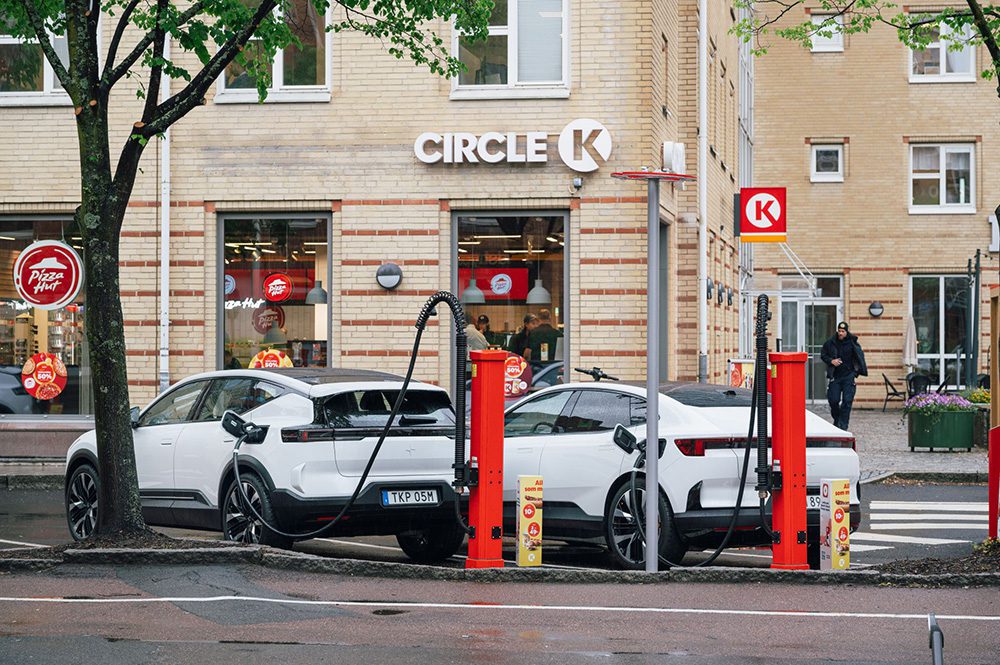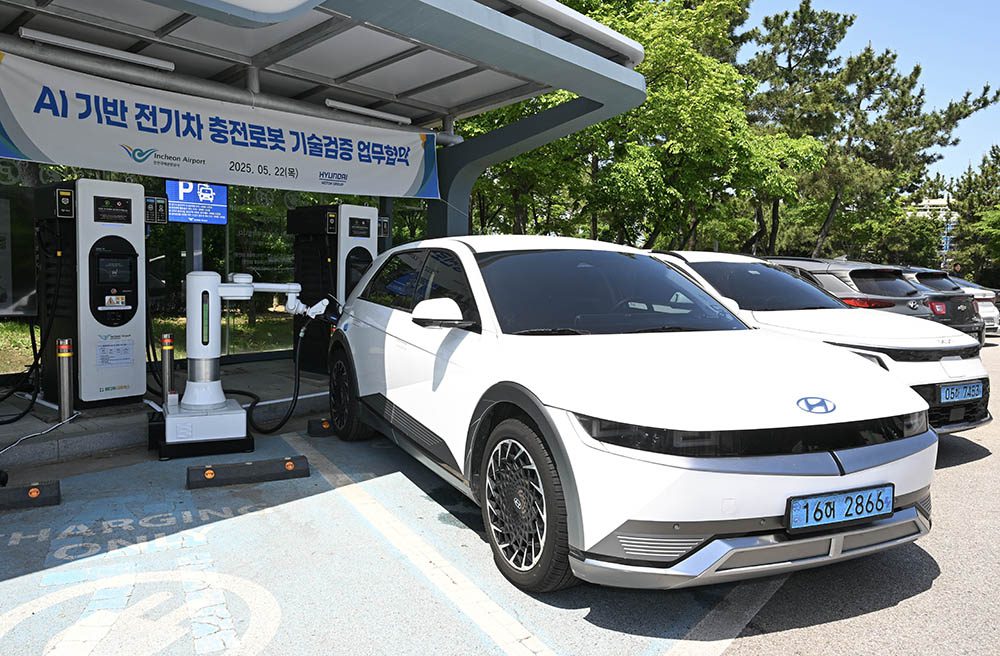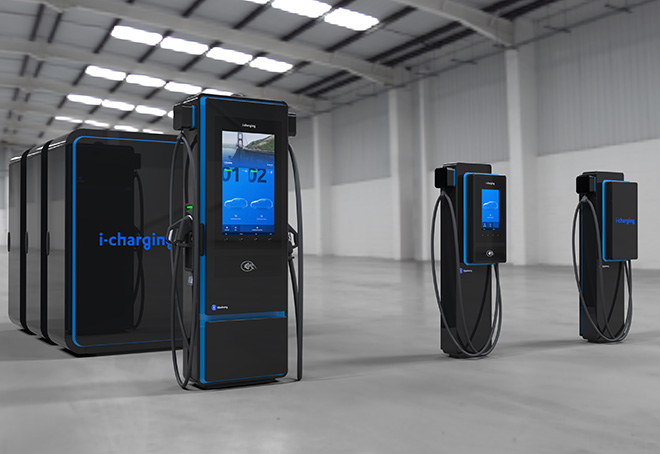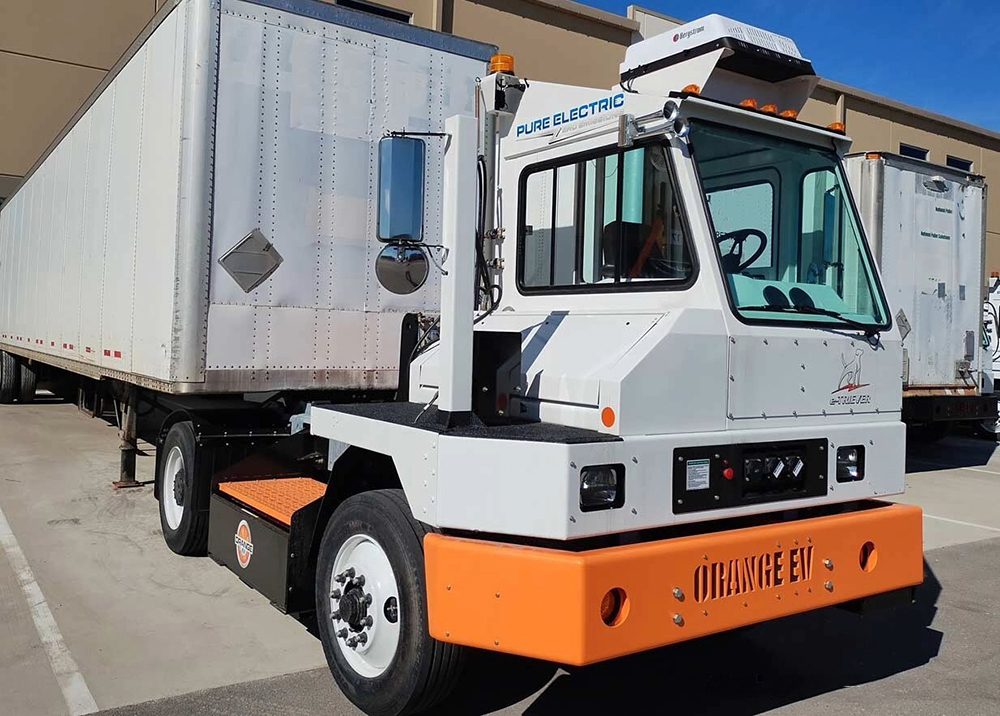Toshiba, in cooperation with Waseda University, has completed a year-long field test of electric buses equipped with its wireless rapid rechargeable battery system. In the test, a small and a medium-size bus, both customized to run on Toshiba’s SCiB batteries (the medium-size bus used a 52.9 kWh battery pack), provided regular service between All Nippon Airways facilities in Kawasaki and Haneda Airport in Tokyo for a year.
The test showed that replacing legacy diesel buses with the e-buses could cut CO2 emissions by up to 60% for the medium-sized bus and by up to 42% for the small bus.
Toshiba’s 44 kW wireless system feeds power to the battery when the bus is parked over charger pads. It uses a magnetic resonance system operating in the 85 kHz band, the proposed international standard. Toshiba says it selected magnetic resonance because it doesn’t require the transmitting and receiving pads to be as precisely aligned as systems that rely on electromagnetic induction. The charging pad in Toshiba’s system can be misaligned by as much 20 cm, and the two pads can be as far apart as 10 cm.
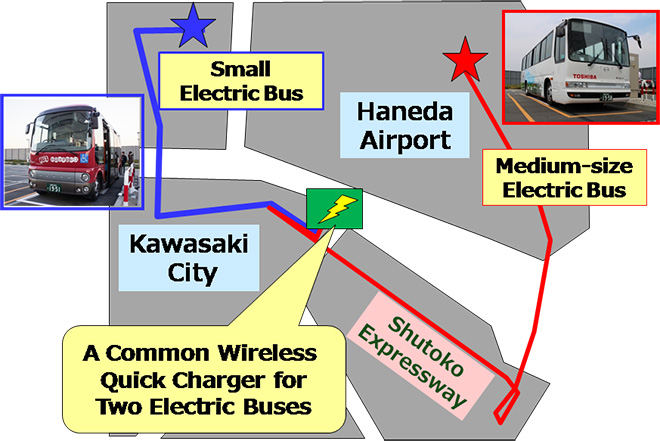
The SCiB battery showed almost no reduction in performance after 15,000 quick charge and discharge cycles. Toshiba found it to be highly suited for use on shuttle buses operating at locations such as tourist sites and airports, which must combine heavy use with frequent fast charging.
“I’m convinced that wireless rapid charging will help boost the use of electric buses,” said Dr. Osamu Hori, Director of Toshiba’s R&D Center. “Toshiba will continue research and development of convenient charging technologies.”
Source: Toshiba






